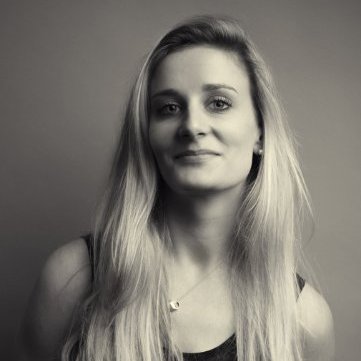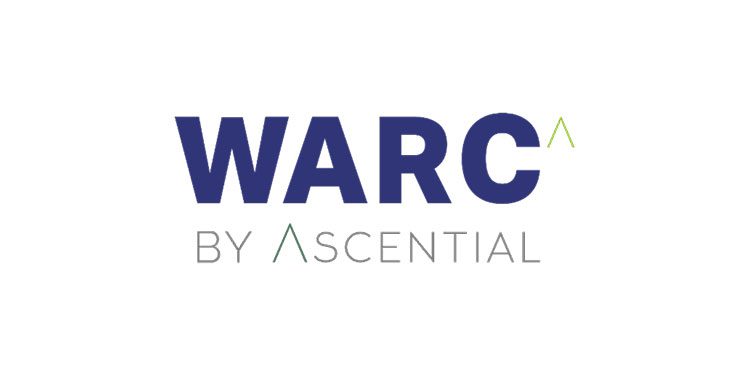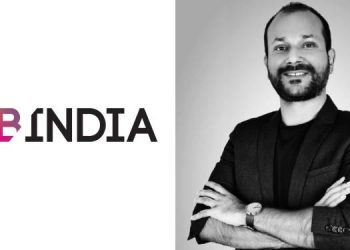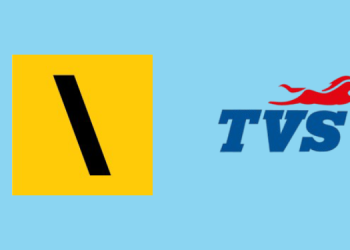WARC, the global authority on advertising and media effectiveness, has today released the latest Media Allocation Benchmark report, identifying where successful advertisers invest their budget.
Using its database of effective advertising campaigns, WARC has analysed over 1,100 case studies between 2009 and 2018 that contain budget and media allocation information for TV, digital (including online and mobile), OOH/experiential, print, and other media (including radio, design, direct marketing, cinema, PR and any other media).
The study looks at budget, sector and economic status. Some key findings included in the report are:
Successful brands now spend 82% of their budgets on television and digital channels combined.
The biggest determinant of media allocation is the size of the budget. Successful, prize-winning low-budget campaigns are highly digital-focused. At high budget levels, TV takes up more than 60% of a prize-winning brand’s advertising investment.

Media allocation varies by sector. Categories with low budgets, such as government and not-for-profit, are highly digital-led, whereas categories with high budgets, such as drinks, tend to spend more on TV.
Campaigns with higher TV allocations often use storytelling as the creative strategy. Prize-winning storytelling campaigns allocate 44% of their budgets to TV.
Commenting on the findings in the report, Amy Rodgers, Managing Editor, Research & Rankings WARC, says: “Getting the right balance when allocating media budgets is critical to the success of a campaign. The findings in this year’s report show an increase of adspend for TV, which delivers reach, and digital, which supplements reach and aids activation.”
The full report, which includes charts, sector and country data, is available to WARC subscribers on warc.com

















